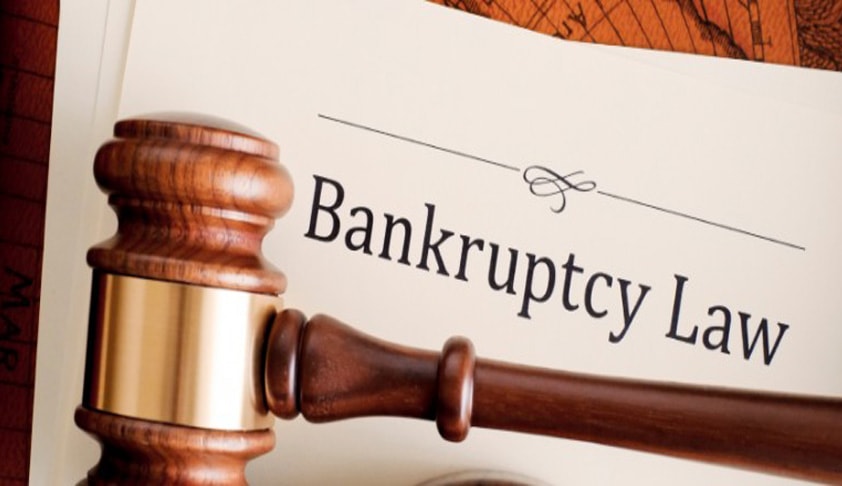Rights & Obligations of Debtors and Creditors
In cases of insolvency and bankruptcy, both debtors and creditors have rights and obligations defined under the law:
Rights of Debtors:
Protection from Creditors: Once insolvency or bankruptcy proceedings are initiated, the debtor is typically protected from further creditor actions, such as lawsuits, asset seizures, or wage garnishments. This is often referred to as an "automatic stay."
Discharge of Debts: Upon completion of bankruptcy proceedings, debtors may be entitled to a discharge, which eliminates their responsibility for certain debts. This allows them to rebuild their financial status free from the burden of unmanageable debt.
Right to Restructure: In some bankruptcy proceedings (such as Chapter 11 in the U.S.), debtors may have the opportunity to reorganize their debts and continue operations while making structured payments to creditors.
Obligations of Debtors:
Full Disclosure: Debtors must provide complete and accurate information about their financial status, including income, assets, liabilities, and creditors, during the bankruptcy process.
Cooperation with Trustees: Debtors are obligated to cooperate with the bankruptcy trustee or administrator, attending hearings and providing requested documents and information.
Rights of Creditors:
Right to Payment: Creditors have the right to receive payment from the debtor's assets or through a restructured payment plan, depending on the type of bankruptcy.
Participation in Proceedings: Creditors can participate in insolvency and bankruptcy proceedings, including voting on repayment plans or objecting to the discharge of debts under certain conditions.
Obligations of Creditors:
Compliance with Stay Orders: Once bankruptcy proceedings begin, creditors are obligated to cease any collection actions against the debtor unless authorized by the court.
Fair Treatment of Other Creditors: Creditors are required to follow the legal process, ensuring that all creditors are treated equitably under bankruptcy law.
.png)



